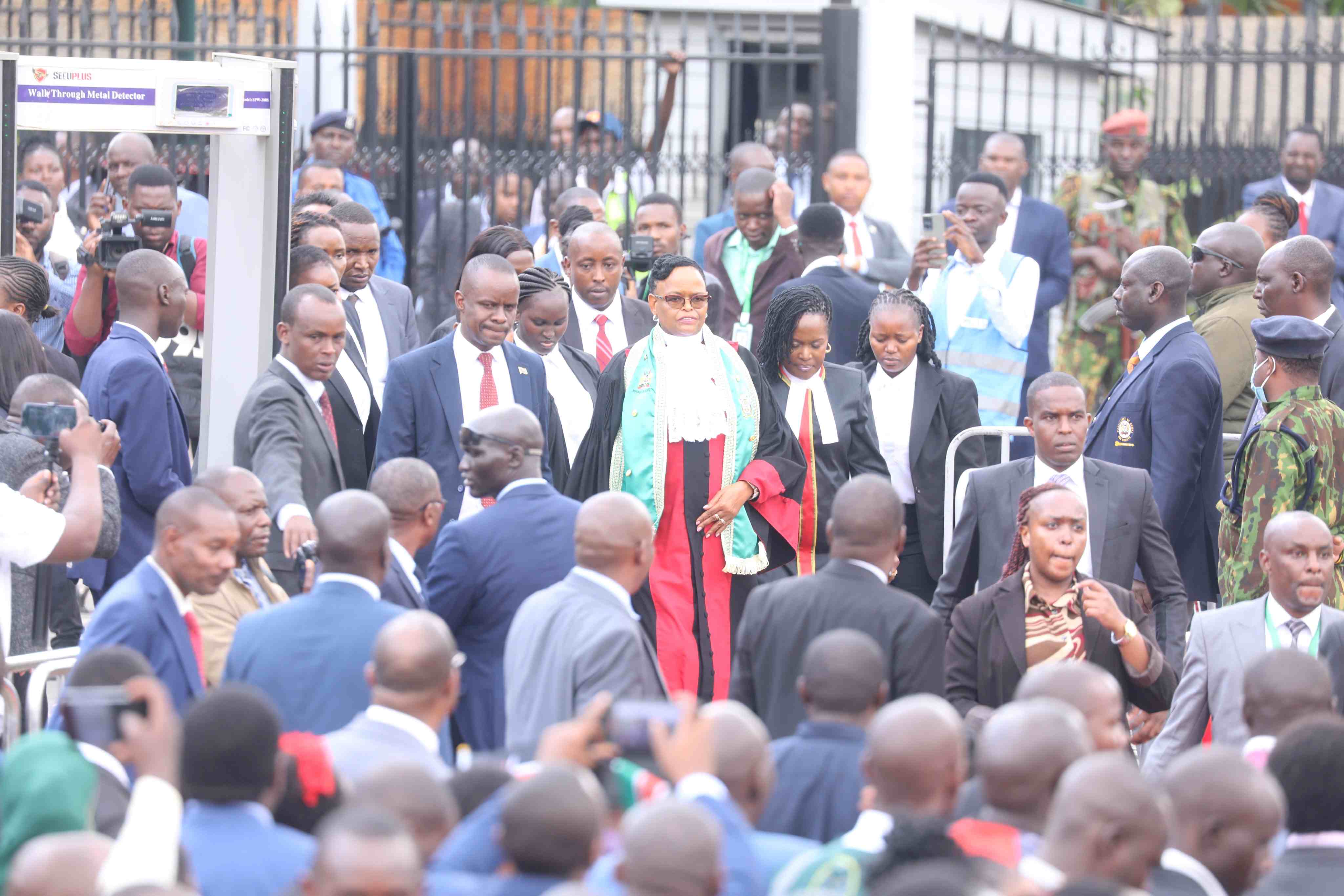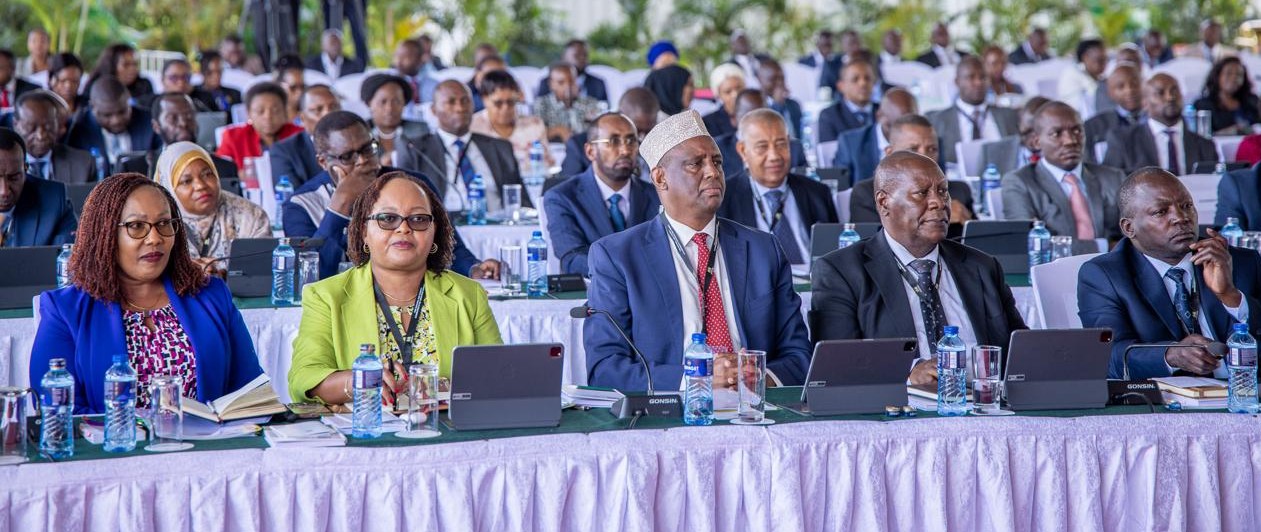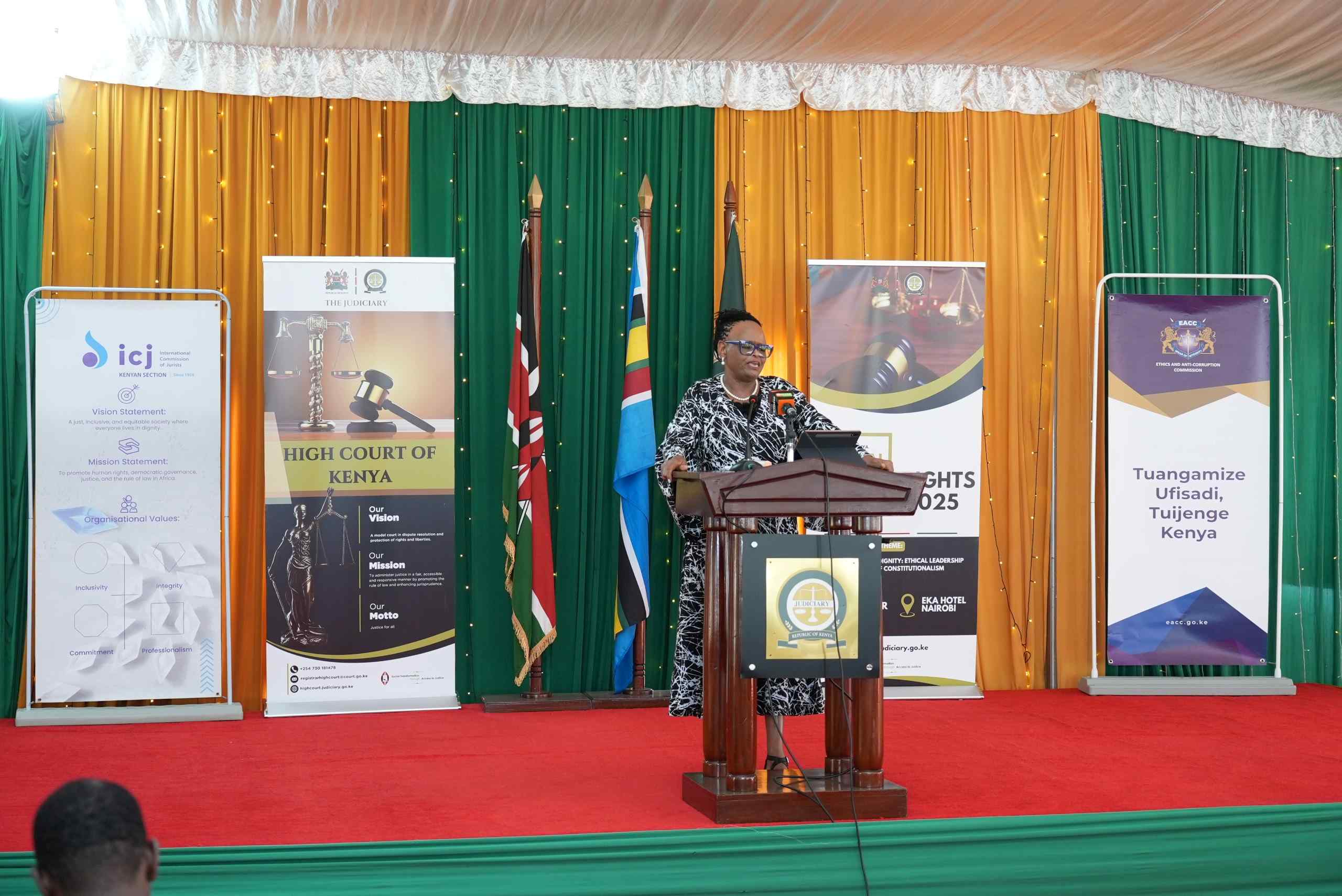Justice sector raises alarm over financial constraints, warns of delays in critical reforms

The National Council on the Administration of Justice revealed it had requested Sh512 million to fund its programmes but received only Sh118.8 million, resulting in a shortfall of Sh393.2 million.
The National Council on the Administration of Justice (NCAJ) has raised concerns over severe budget constraints impacting the justice sector’s performance.
In its latest report for the 2023/24 Financial Year, the NCAJ revealed it had requested Sh512 million to fund its programmes but received only Sh118.8 million, resulting in a shortfall of Sh393.2 million.
More To Read
- Judiciary urges state to plug funding gap as Nairobi courts face heavy caseload
- Judiciary reports 17 per cent drop in fines collected for minor offences in 2023/24
- Judiciary paid Sh14 billion in staff compensation without records for 2,180 employees - Auditor General
- Auditor General flags Judiciary for underutilising Sh520.4 million
- JSC urges Parliament to fast-track pensions Bill, says delay denying retired judges fair compensation
- Judiciary calls for budget increase, says Sh20 billion deficit crippling functions
The deficit, the council stated, has hampered the implementation of essential programmes needed to advance the justice system's efficiency.
“Several challenges were encountered, including delays in criminal justice processes—particularly in investigation, prosecution, and trial—as well as overcrowded prison facilities,” the NCAJ said in its report released on Wednesday.
The report also cited issues such as limited system integration across justice sector agencies, cramped office space, staffing shortages and inadequate resources for program delivery, calling for increased funding to bridge significant operational gaps.
Strategic partnerships
The report recommends fostering strategic partnerships to diversify funding, suggesting both local and international sources to alleviate budget limitations.
To strengthen accountability, the council advised enhancing outcome measurement and reporting, aiming to show tangible social impacts that could help secure financial backing.
The report further emphasised the need to engage the National Treasury and Parliament to ensure increased budget allocations for reforms and operational demands across the NCAJ’s programs.
These enhancements, the council stated, would support a people-centred justice system and improve service delivery.
Chief Justice Martha Koome, who chairs the NCAJ, reiterated the judiciary’s dedication to overcoming obstacles that hinder effective justice.
"We will remain steadfast in implementing priority programs for reforming and improving service delivery in the justice sector, as outlined in today’s report,” Koome said, stressing the council's vision for a justice system that serves all Kenyans.
"Our mission remains resolute: To eliminate bottlenecks that hinder the effective administration of justice and to build a people-centred justice system for all Kenyans."
Director of Public Prosecutions Renson Ingonga echoed the sentiments, noting that the NCAJ is committed to enhancing coordination within the justice sector, advancing reforms in both criminal and civil justice, and ensuring access to justice for vulnerable populations.
Ingonga noted that citizen-centred initiatives, particularly through Court Users Committees (CUCs), have notably improved access to justice, transforming the lives of many Kenyans at the community level.
The report documents the overall status and achievements of the administration of justice in Kenya for the FY 2023/24 and also provides progress on policy, legal and administrative reforms of Kenya's justice system, including citizen-centric interventions at the grassroots level.
Top Stories Today














































